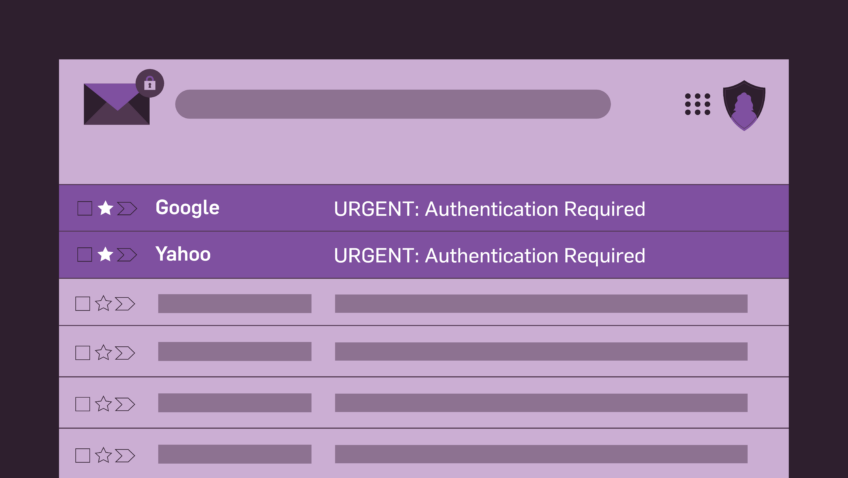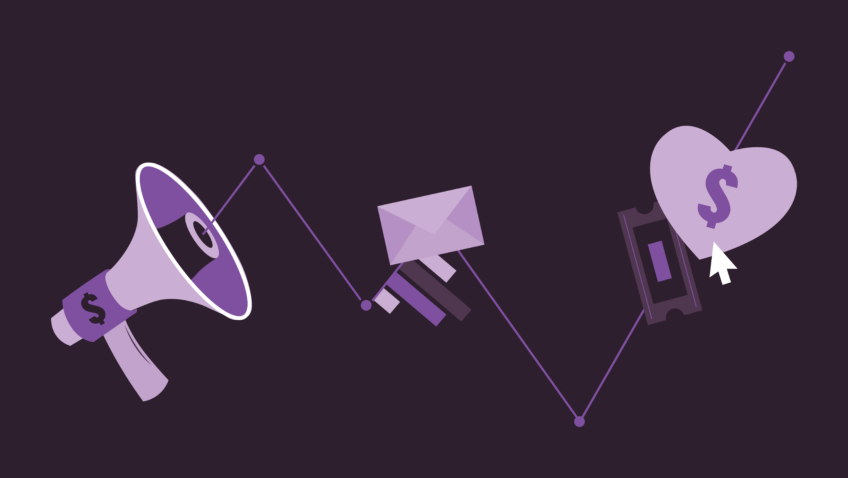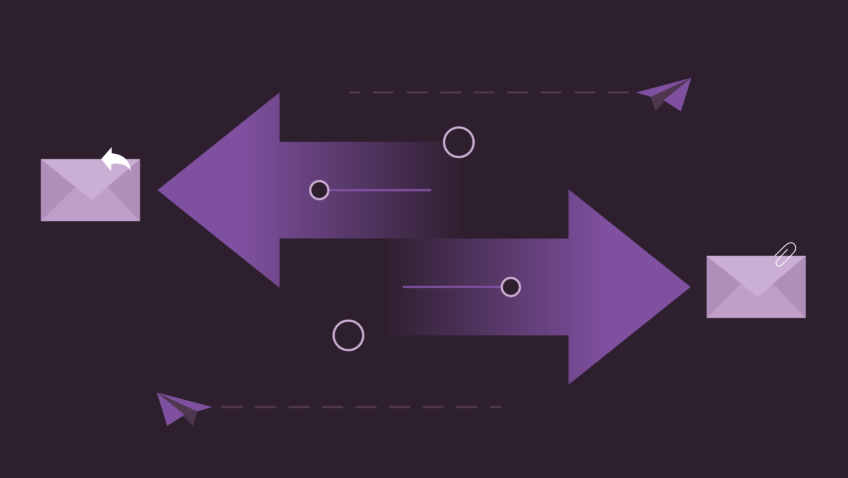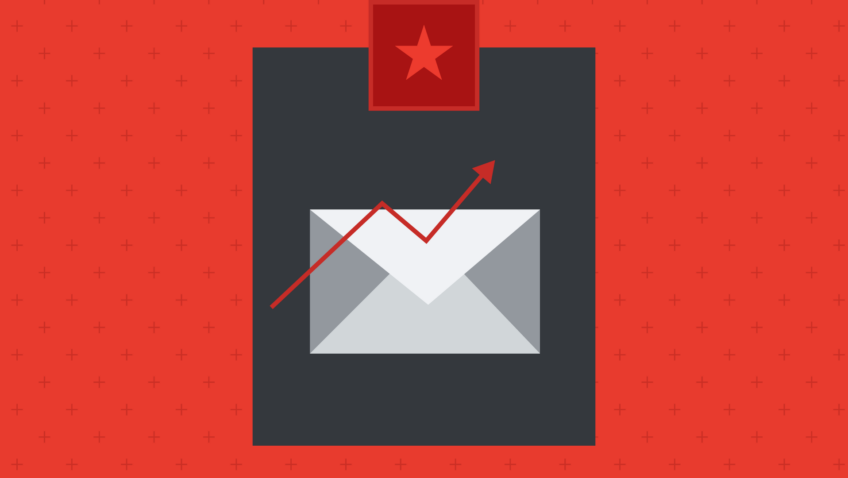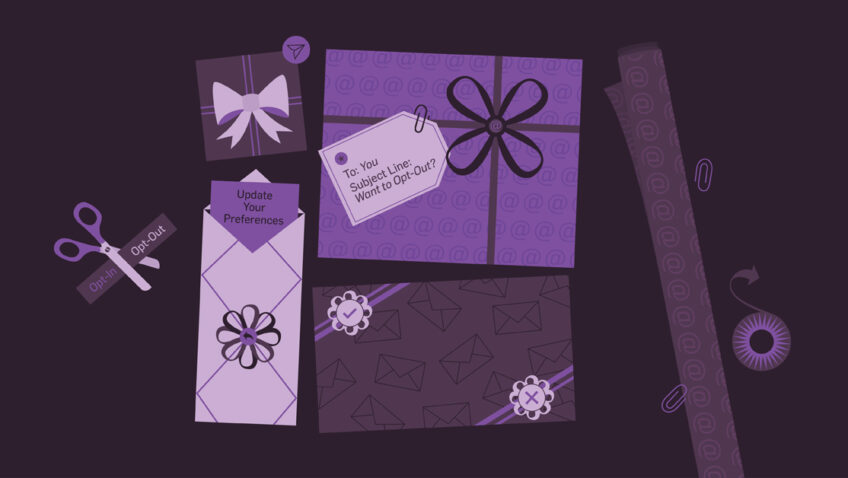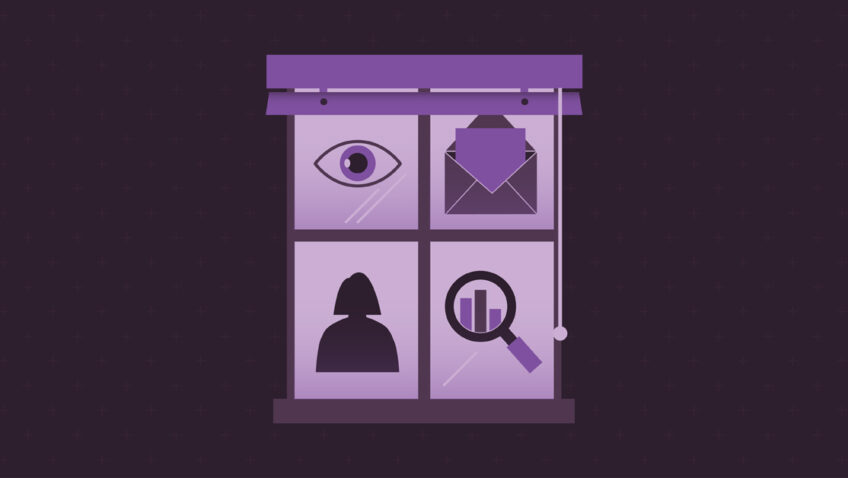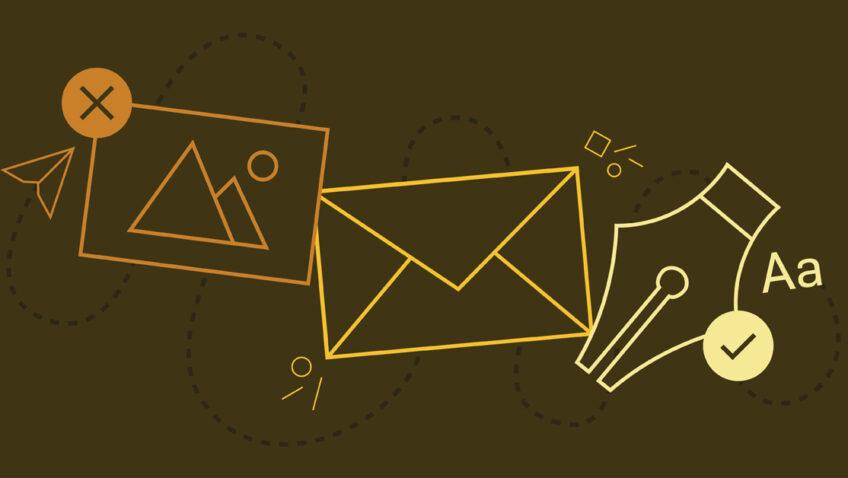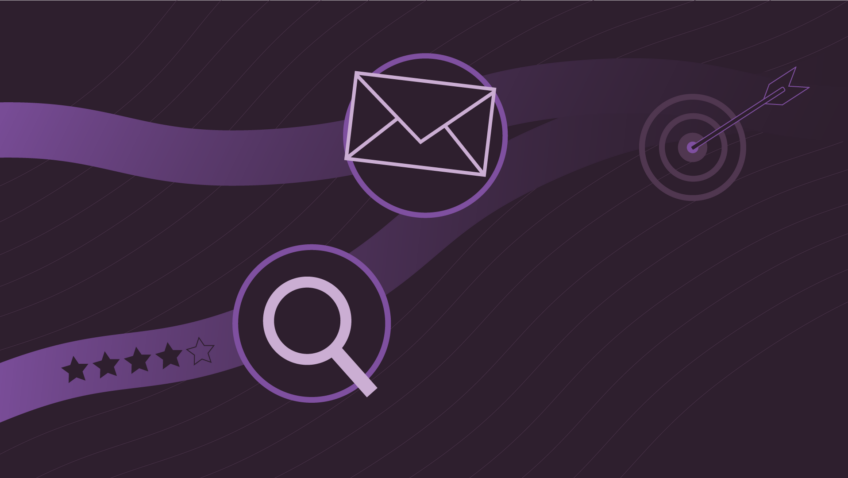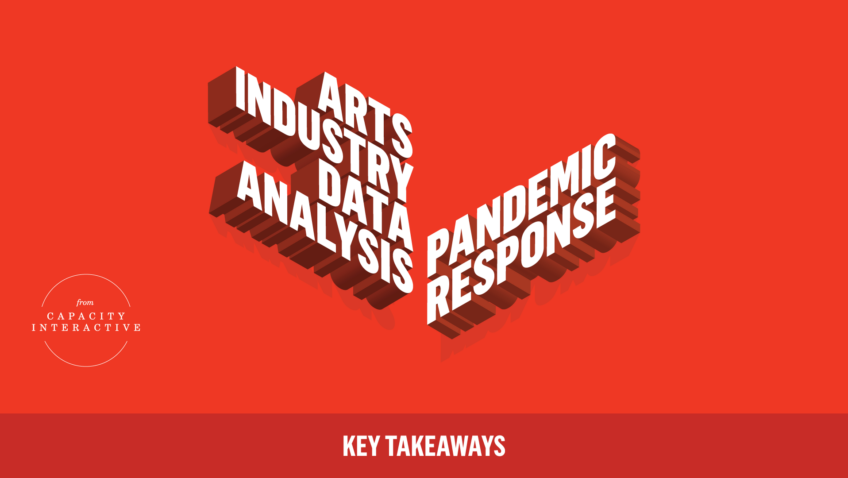Leveraging Email’s Unrivaled Marketing Strengths
It’s quite a trick. How did email, the original digital marketing channel born in 1970, become not just reliable, but effective, trusted and dare I say, cool? No doubt you’ve seen the data on email’s conversion rates. It’s still your best marketing spend by a mile. But there’s a bigger story to email than just conversion stats. Why has email been so resilient, why is it so effective and more importantly, is there still a tangible opportunity for the modern marketers with email?
To put it all in context, let’s jump back 10 years. Email is pushing 40 and there’s a lot of smart people in Silicon Valley competing to send email to an early grave. In 2008, the world was wondering what this new-ish thing Twitter was for. Fortunately, now we know. That same year, Google launched Chrome. Gmail was just 4 years old and millions of people around the world thought it would be hilarious (and safe!) to upload their drunken party pics to Facebook. Not so funny now, huh?
Around this same time, newspapers started seeing ad revenue plummet. Banking wasn’t doing so hot either. Slowly, there was the uncomfortable realization that advertising and marketing were going through a monumental shift. Perhaps, changing forever. A lot of us were scrambling to learn how to master SEO, PPC, content marketing, inbound and this weird thing called social media. Digital marketing back then was new, mostly free and unregulated, and pretty much everyone was winging it. Surprisingly, no one succeeded in killing email during this era. It was, in fact, thriving.
Because behind the scenes, email was the simple utility used for authenticating these groundbreaking and popular new services. Nobody noticed, but email was slowing tightening its grip around the internet. From consumer to enterprise, if you wanted to use a modern web application, your email address was the price of entry. Facebook account? Enter your email. Salesforce account? Enter your email. Netflix? You guessed it. Email addresses became the trusted gateway to everything on the web. They still are.
Ironically, the new messaging services, which were invented to kill email, have done the opposite. As social media’s popularity grew so did its opportunity as a marketing channel. What was once a free, fun and exciting new place to reach customers has become a wasteland of ugly paid advertising, fake news, horrible comments, trolls, and hackers. Daily users are fatigued by poor experience, overwhelmed by a cascade of meaningless updates and increasingly terrified by news reporting data breaches affecting millions. In light of all that, email seems like a pretty safe bet. Quaint in comparison.
Over the years, smart marketers never stopped using email. In fact, email marketing has enjoyed a renaissance recently as entrepreneurs, savvy marketers and product growth specialists have returned and begun innovating with email again. Perhaps, they’ve realized what I call the three differentiating traits of email marketing. These three guiding ideas will help you turn a good email program into a great one.
Trusted Official
Unlike other marketing channels that came after it, email holds a special place in our minds as the official messaging channel. Sure, email is how you get work done, it’s a nice way to send pics to grandma and how you receive offers and deals from your favorite brands. But email is also how you receive expensive concert tickets, critical travel documents, and important messages from the CEO. These types of official messages just don’t work when sent through Facebook or Snap.
As a marketing leader, you need to leverage the perception of email messaging as the official brand voice to your advantage. Most of the work has been done for you. As a marketer, you just need to elevate email to the top of your hierarchy. Make email the CEO of your messaging hierarchy.
Never pass up opportunities to give away extras, provide special offers or announce VIP events in an email. People already think of your email program as the “official brand.” It’s up to you to crystallize that perception by using great design and content to create demand for your email program.
Curated Monologue
Email is a one-way message. You control the voice, the tone, the message, the whole thing. Email is one of the last digital channels where your brand has complete control and can deliver your message outside of another brand’s environment. When you publish a Tweet or Instagram post, you’re using an internal messaging service. You create the message on Twitter and send it to everyone else who is on Twitter. Not on Twitter? Sorry. Same goes for the social channels. With email, however, you create the message in your ESP (hint: WordFly) and send it to any email client. Email is agnostic. It doesn’t matter which email client you use, subscribers still get the message.
Quiet Time
It’s noisy out there. Unlike other marketing channels these days, email isn’t affected by algorithms, news feeds, trolls, hateful commenters, ads or other distractions. All things considered, it’s pretty quiet in the inbox. Sure, there might be a high volume of messages, but a crowded inbox isn’t too bad in comparison. Besides your website, email is your brand’s purest voice and the one digital channel where marketers largely control the content and experience.
The inbox also has the advantage of being a vastly more personal space. Your emails are read in a much different way than a tweet or Facebook post. There’s no crowd. No next tweet. No endless scrolling or distracting cat video. Subscribers can get lost in your email message, read, reflect and fully experience your brand.
Nearly 50 years ago, a technology was born that is still more effective for marketing than anything else created since. Despite the odds, email continues to provide tremendous value. Backed up by undisputable conversion and engagement data. There’s no other marketing channel that is more effective, provides total brand control and gives your readers the ability to slow down and sink into your message. Use these three traits as guiding principles in your email program and get even more from your email marketing budget this year.
Kirk Bentley is the Business Development Director at WordFly. WordFly is a digital marketing system built exclusively for the arts. WordFly is a proud sponsor of Digital Marketing Boot Camp for the Arts 2018.

